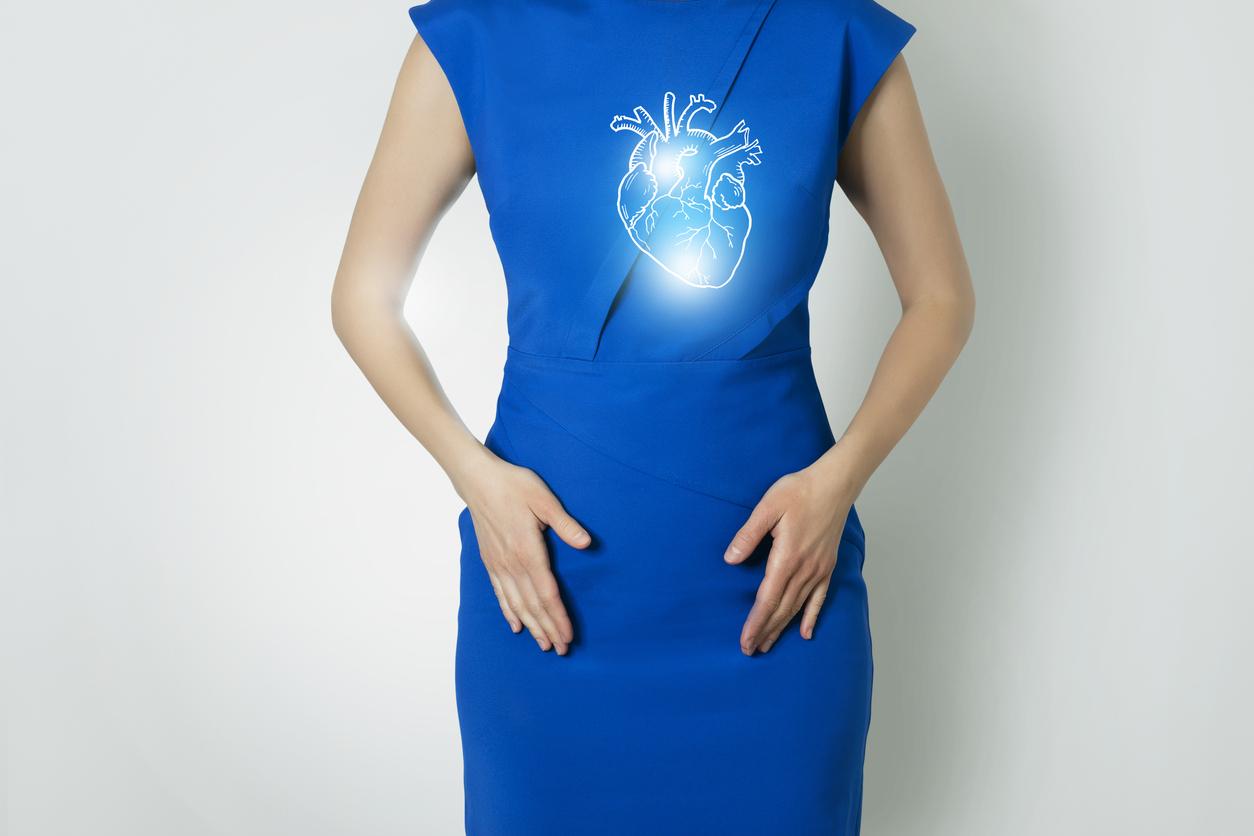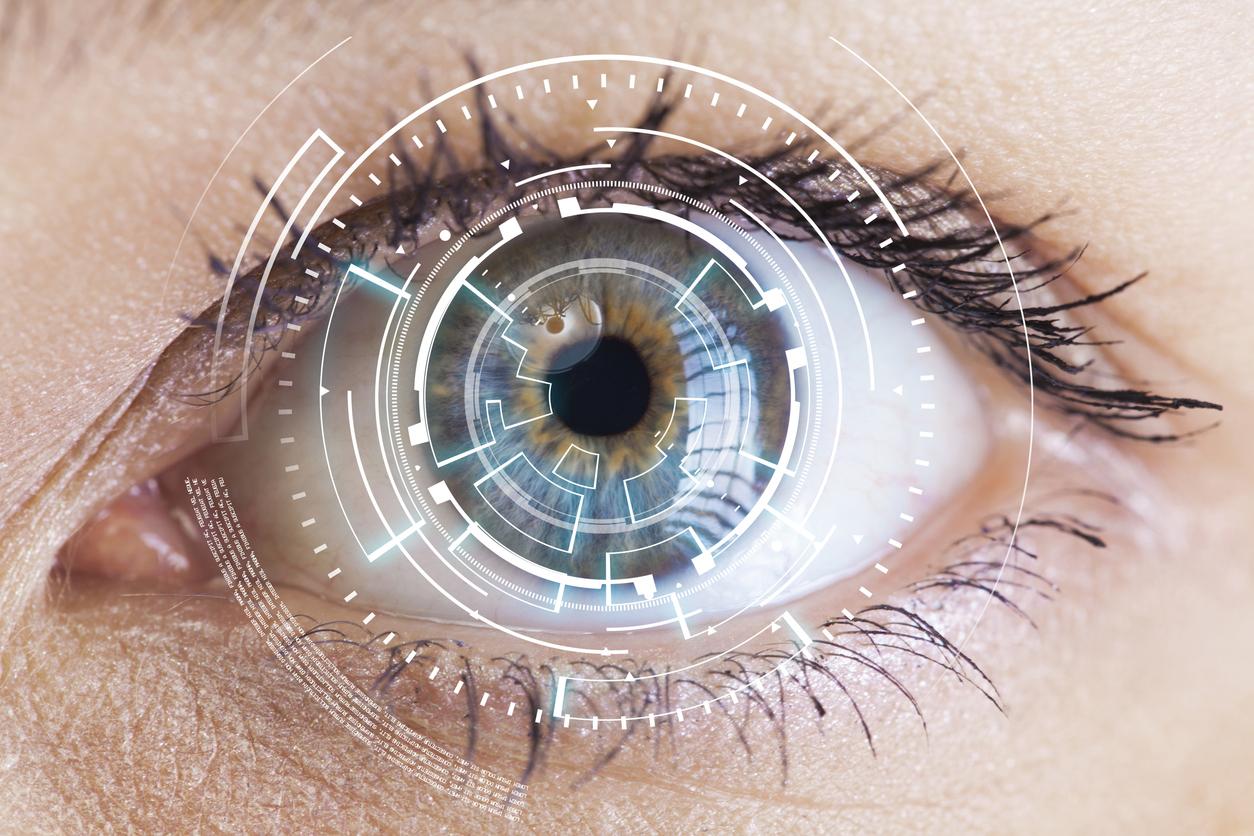” Shopping might save your life: shopping carts can help diagnose atrial fibrillation which can then be treated to prevent disabling or fatal strokes [AVC, ndlr] “, announces the European Society of Cardiology (ESC) in a communicated of June 23, 2023.
There atrial fibrillation is a heart rhythm disorder: the heart beats irregularly. In a healthy patient, the atria and ventricles of the heart contract under the effect of an electrical impulse, at a regular rate of 60 to 100 beats per minute (at rest). Atrial fibrillation is defined by an anarchic and rapid electrical activity of the muscle of the atria (upper chambers of the heart), followed by a tachycardia. This phenomenon promotes the formation of blood clots which are likely to clog arteries especially in the brain.
Atrial fibrillation multiplies by five the risk ofstroke. Atrial fibrillation is responsible for a quarter of the 130,000 strokes diagnosed each year.
British researchers have thus installed electrocardiogram (ECG) sensors on cart wrists of supermarket. Designed to analyze the heart rhythm, they were able to identify patients affected by atrial fibrillation (who were not aware of it).
In two months, 39 patients at risk have been identified
” This study shows the potential to enable mass check-ups without disrupting daily routines said study author Professor Ian Jones of John Moores University in Liverpool, UK.
” In two months, we identified 39 patients who were unaware they had atrial fibrillation. 39 people at higher risk of stroke received an appointment with a cardiologist “.
This technique allows the entire population to be diagnosed in the event of a problem. Shopping is a relatively common activity. It would then be difficult to go down the drain.
As part of the tests, ten carts concealed a sensor placed in the handle and were used in four supermarkets with pharmacies in Liverpool (UK) for two months.
Atrial fibrillation: 43% were women and 39 were unaware
Consumers were asked to use a cart and hold the handlebars for at least 60 seconds. If the sensor does not detect an irregular heartbeat, it lights up green. A researcher examined the pulse of these participants to confirm that there was no atrial fibrillation.
If an irregular heartbeat was detected, the sensor would light up red. The store pharmacist then performed a manual pulse check and another sensor reading. The study cardiologist reviewed participants’ ECG recordings with a red light and/or irregular pulse.
In total, 2,155 adults took this test with a shopping cart. ECG data was available for 220 participants who presented with a red light on the sensor and/or an irregular pulse, suggesting atrial fibrillation. The average age of participants with atrial fibrillation was 74 years old and 43% were women. Of these, 20 already knew they had atrial fibrillation and 39 had not been previously diagnosed.
” Checking for atrial fibrillation while people do their regular errands shows promise in preventing strokes and saving lives concludes Professor Ian Jones.
















